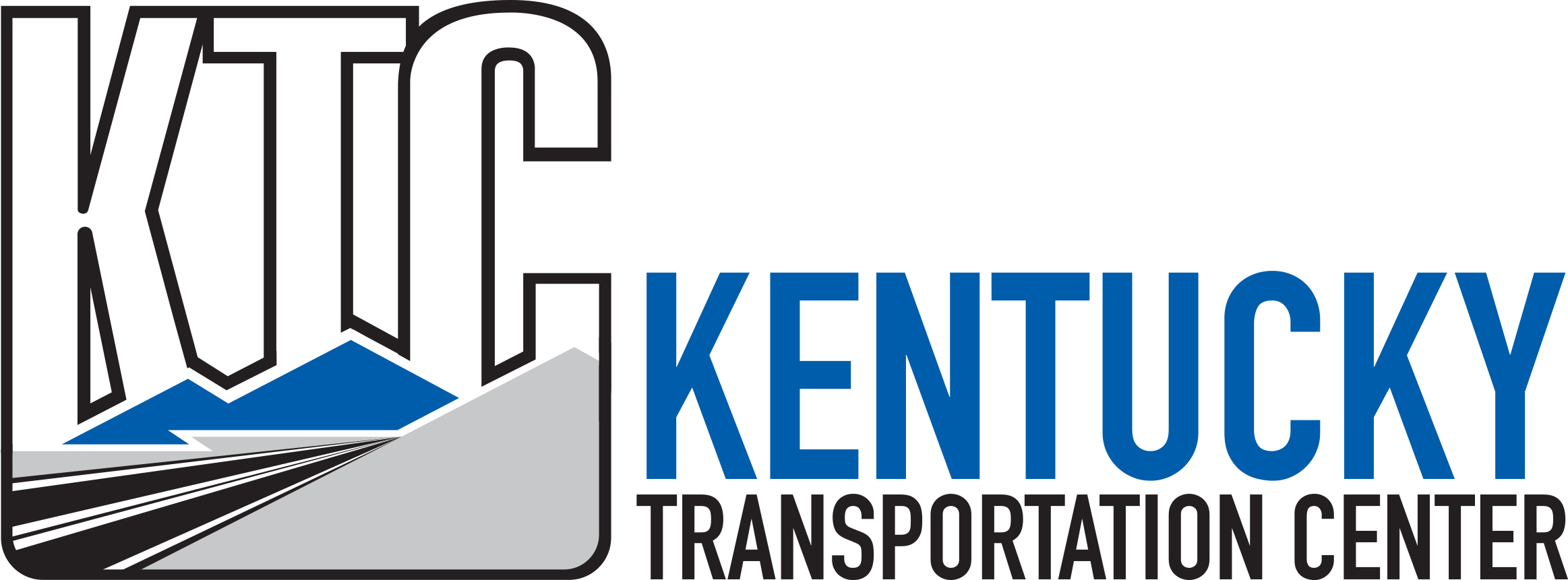Abstract
The objective of this study was to use new types of delineation at a stop approach to determine if drivers could be made more aware of the "Stop" situation ahead. The treatments involved post delineators, raised markers, and transverse striping placed at various spacings in advance of the "Stop" signs. Speeds were measured 200 feet (61 m) and 1,200 feet (366 m) in advance of the "Stop" sign. Brakelight distances were also recorded.
The various delineations provided significant reductions in speeds. Post delineators in combination with transverse stripes were the most effective. No significant difference was found between results obtained with geometric and constant-rate-of-advancement (one per second) spacing; however, both patterns were better than a constant spacing. For rural sites, the length of roadway marked should be approximately 1,200 feet (366m).
Report Date
7-1-1979
Report Number
No. 527
Digital Object Identifier
http://dx.doi.org/10.13023/KTC.RR.1979.527
Repository Citation
Agent, Kenneth R., "Delineation of Stop-Sign Approaches" (1979). Kentucky Transportation Center Research Report. 1037.
https://uknowledge.uky.edu/ktc_researchreports/1037



Notes
The contents of this report reflect the views of the author who is responsible for the facts and the accuracy of the data presented herein. The contents do not necessarily reflect the official views or policies of the Bureau of Highways. The report does not represent a standard, specification, or regulation.